Day 61: US raises ante with high-level visit to Kiev, more military aid
Washington's top diplomat and the Pentagon chief have pledged additional military aid, including advanced weapons, and a return of US envoys to Kiev on their first wartime visit to Ukraine.
Secretary of State Antony Blinken and the Pentagon's Lloyd Austin met Ukrainian President Volodomyr Zelensky for three hours and other top officials in Kiev late Sunday, after a train journey from Poland.
They pledged new military assistance worth $713 million for Zelensky's government and other countries in the region, US officials said.
The US has sent some $4 billion in military aid since President Joe Biden's term began last year, and already announced Thursday a new $800 million aid package to bolster Ukraine in their fight in the country's east.
Russia has warned the United States against sending more arms to Ukraine, Moscow's ambassador to Washington told Russian state television.
"We stressed the unacceptability of this situation when the United States of America pours weapons into Ukraine, and we demanded an end to this practice," Anatoly Antonov said in an interview with the Rossiya 24 TV channel.
Antonov said an official diplomatic note had been sent to Washington expressing Russia's concerns. He said such arms supplies from the United States would further aggravate the situation and raised the stakes of the conflict.
The high level US visit highlighted the shift in the conflict, signaling Washington's readiness to wade deeper into the conflict after initial qualms about getting actively involved.
Austin and Blinken said US diplomats will begin a gradual return to Ukraine this week. Washington ordered the withdrawal of its diplomats in the weeks prior to Russia's February invasion of Ukraine.
The US and NATO allies have shown growing readiness to supply heavier equipment and more advanced weapons systems. Britain has promised to send military vehicles and is considering supplying British tanks to Poland to free up Warsaw's Russian-designed T-72s for Ukraine.
On returning from the trip, Austin told journalists in Poland that Ukraine can win the war against Russia if it has the right equipment.
"We believe that we can win, they can win if they have the right equipment, the right support," he said.
The United States, Austin added, wants Russia's military capability weakened. "We want to see Russia weakened to the degree that it can't do the kinds of things that it has done in invading Ukraine."
Officials in Kiev had earlier drawn up a list of weapons that they urgently needed from the US. The list includes anti-missile and anti-aircraft systems, as well as armored vehicles and tanks.
Presidential adviser Oleksiy Arestovych said Zelensky met the US officials, as the port city of Mariupol's defenses were "on the brink of collapse" and Kiev was in dire need of offensive weapons.
The West has been reluctant to intervene militarily, for fear of entering a conflict against nuclear-armed Russia. US officials Monday poured water over claims the visit represented a major escalation of US involvement in Ukraine.
"This visit does not portend actual involvement by US forces," a senior defense official told AFP.
"The president has been very clear there will be no US troops fighting in Ukraine and that includes the skies over Ukraine."
EU sanctions against Russia
The Times reported on Monday that the EU is preparing “smart sanctions” against Russian oil imports to maximize pressure on Moscow while minimizing damage to the bloc.
“We are working on a sixth sanctions package and one of the issues we are considering is some form of an oil embargo," the paper cited the European Commission’s executive vice president Valdis Dombrovskis.
"When we are imposing sanctions, we need to do so in a way that maximizes pressure on Russia while minimizing collateral damage on ourselves,” he said.
However, the bloc remains divided over the nature of embargos. According to Dombrovskis, the sides have not yet come to an agreement about the precise details of the oil sanctions but it could include a gradual phasing-out of Russian oil or imposing tariffs on exports.
EU foreign affairs chief Joseph Borrell was at pains to say that there is not sufficient support from all member states for full sanctions against Russian oil or gas.
He said all EU countries are working to cut their dependency on Russian energy imports, so the ban will happen at some point.
Some EU members, including Germany, oppose an immediate embargo on Russia’s energy, saying that a sudden cut-off will send all of Europe into a recession.
The bloc is set to hold a summit at the end of this month to further discuss the issue.
Pezeshkian to US, Europeans: You are killing women, children
VIDEO | COP29: another climate failure?
ICC issues arrest warrants for Netanyahu, Gallant for war crimes
Israeli strikes kill 88 Palestinians in northern Gaza
American voters plainly rejected complicity in Gaza genocide: Iran FM spox
ICC should issue more arrest warrants for Israeli authorities over Gaza genocide: UN expert
Israel using AI weapons co-produced by India in Gaza genocide: Report
Israel issues new evacuation orders, shortly launches strikes on southern Lebanon


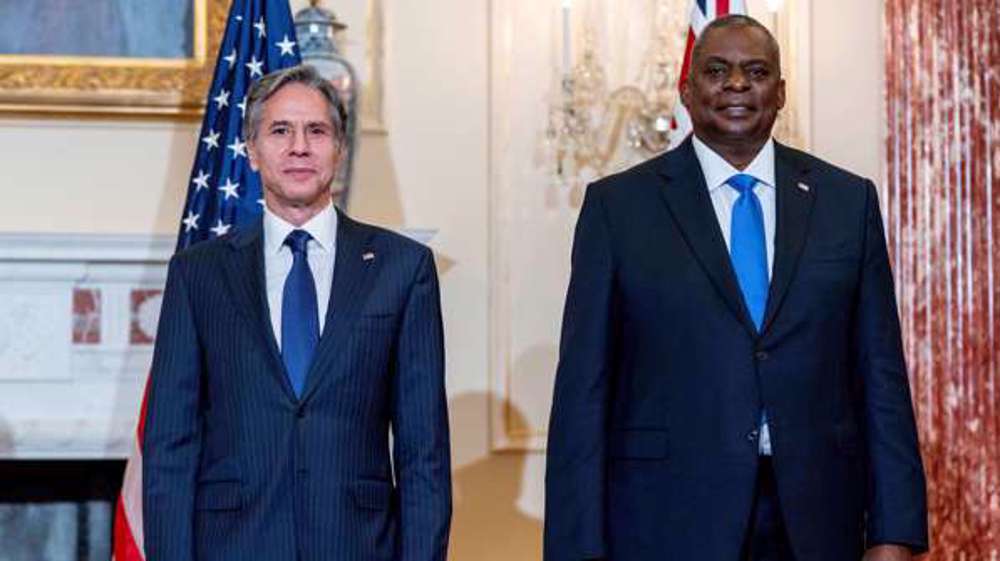
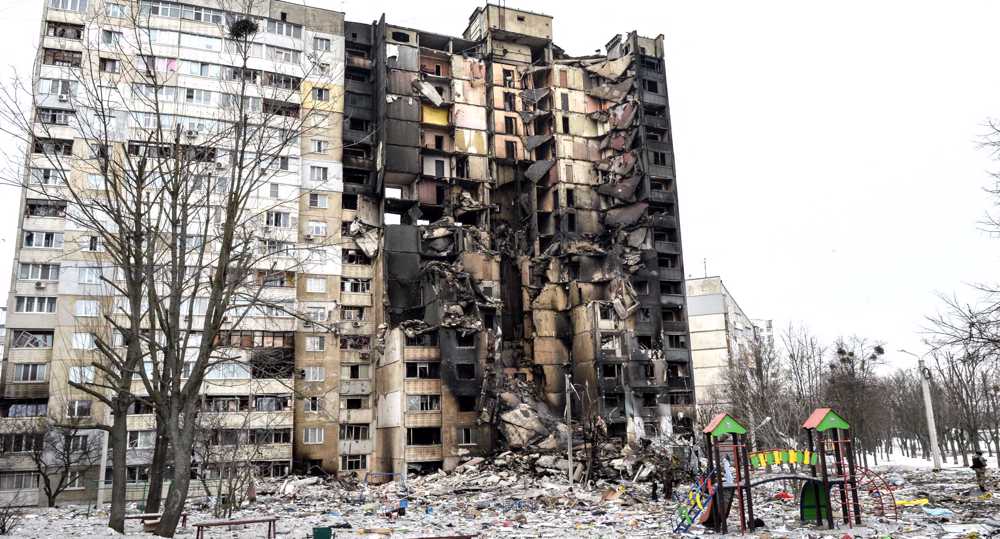
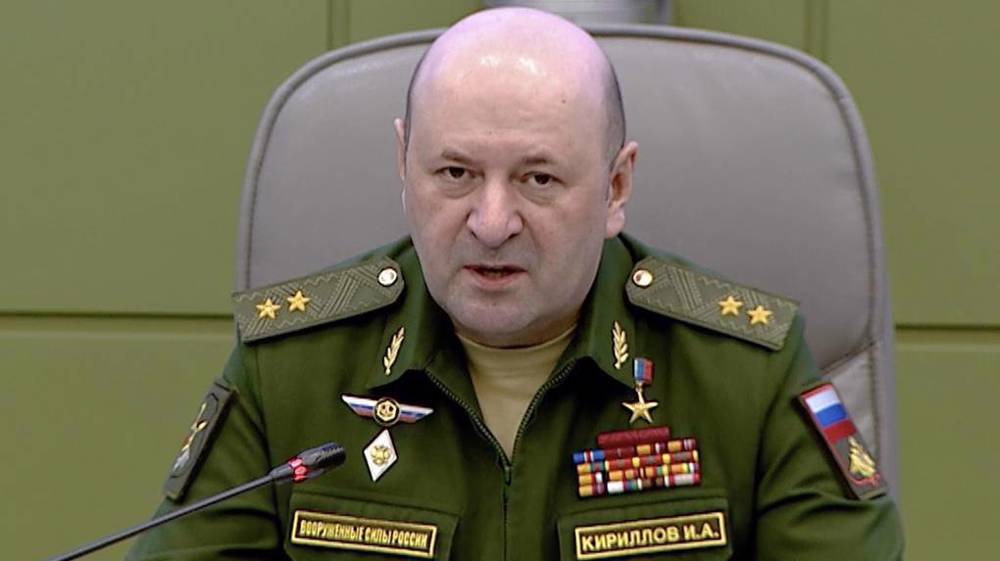
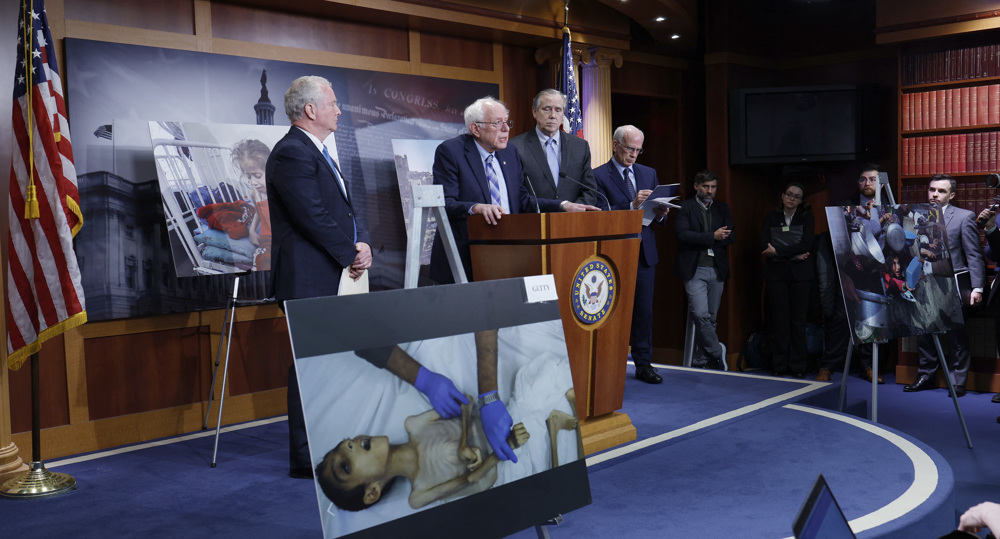

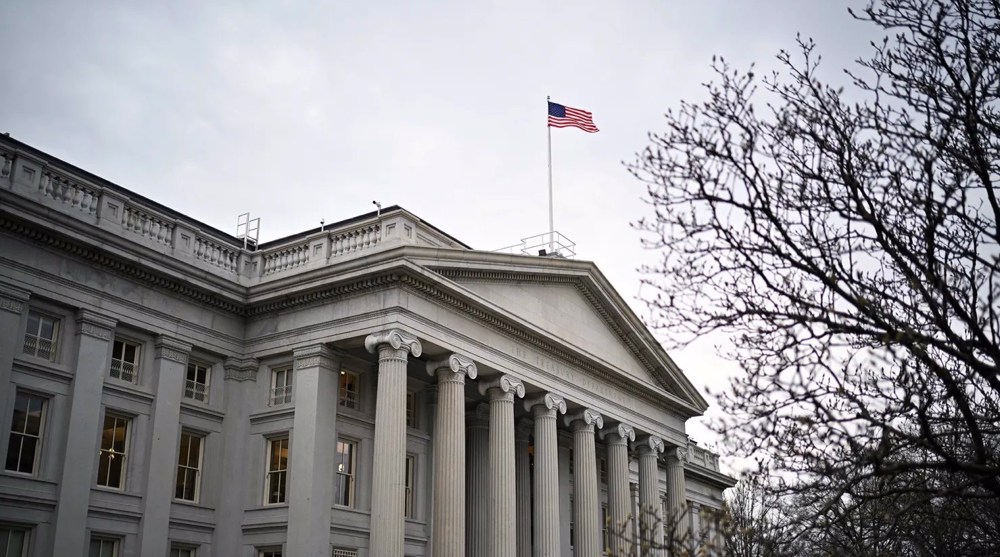




 This makes it easy to access the Press TV website
This makes it easy to access the Press TV website